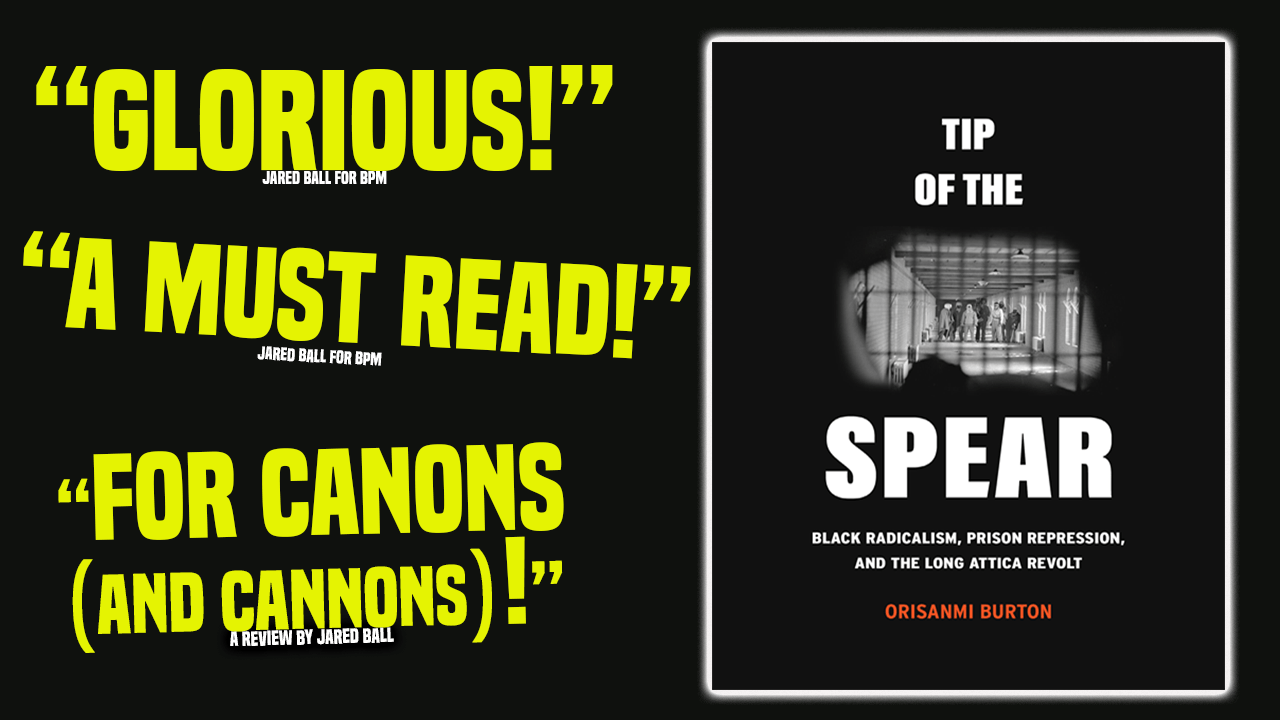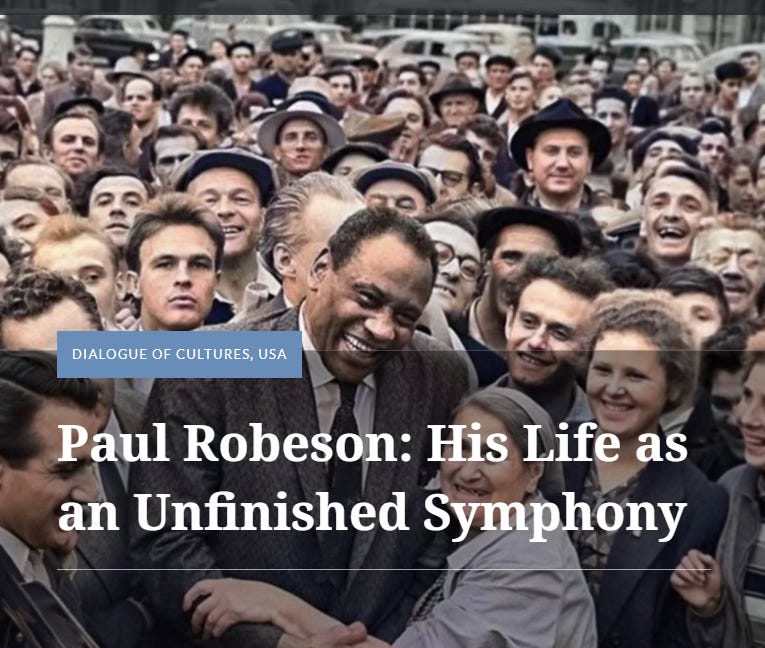…. then you are a bloody fucking intellectual, or you think and cogitate too much, sucker . . . ain’t no TikTok and Twitter in your fucking future.
Sure, it’s early, but, sure, so much to read and write.
I will see if the local yokel paper I write for (viewpoints and special reports, all gratis, fucking capitalists) will print the boiler plate Black History Month Viewpoint (I’ve written a few of these as one white mother-fucking radical anti-white — sort of — kinda guy).
Concision — You Can’t Get Those Profound and Deep Ideas Out in 40 Seconds?
Black History Month is Too Short
by Paul Haeder
Carter G. Woodson came up with the idea of a “Black History” in 1926; however, terminology labeled it Negro History Week, the second week of February. Then fifty years later the feds stretched out the “learning” recognition: Gerald Ford’s 1976 declaration gave schools permission to officially make Black History a month-long “event.”
Woodson’s goal was to have that week work itself out of existence, hoping that “time would come when Negro History Week would be unnecessary and we as a nation would willingly recognize the contributions of Black Americans as a legitimate and integral part of the history of this country.”
So much work is needed in the K12 arena. Now, in a time when school librarians have armed guards escorting them, and when shouting Red and Blue fools land mainstream “news” coverage, Woodson’s dream to provide and adopt a more inclusive, thorough approach to Black history is being shattered.
In Florida — as well as in so many other states with corporate-soaked and under-educated political leaders — officials are pushing not just condensed and oversimplified versions of Black history, but some want to limit it to a few posters with guys/gals like Jesse Owens and Oprah plastered on them.
I miss talking about amazing black leaders, including Dick Gregory, plus those I never got to see live such as Paul Robeson. I have spent time with presidential candidate Cornel West, an amazing mind and thought leader who almost four years ago resigned from Harvard for meaningful reasons.
One of the nation’s foremost Black scholars and an outspoken progressive activist, West announced his resignation from Harvard University, accusing the school of “intellectual and spiritual bankruptcy of deep depths.”
That university failed to give tenure to this giant of a philosopher. The 72-year-old stated politics were a factor in Harvard’s decision not to extend tenure to him. Why? His outspoken support for the Palestinian cause.
“We all knew the mendacious reasons given had nothing to do with academic standards. … I knew my academic achievements and student teaching meant far less than their political prejudices,” West stated.
I have no idea how many people in Lincoln County know West is running for president. I know that my students here and elsewhere in Oregon and Washington have no idea about what I was taught in prepping to be a substitute teacher: The education system has let down millions of students who hope to understand their own history, which is revealing in a nation where Black people were once considered “3/5ths” of a person.
Here is the reality now — Librarian Cicely Lewis has organized weekly Black History Month celebrations at her school in Norcross, Ga. “We had a head-wrapping station. We had a storybook station … We had a station where you can listen to August Wilson monologues from our own drama department,” she says. “We even had our school jazz band there.”
That was in 2022, and she wasn’t sure whether the celebration would actually happen. In January, Georgia lawmakers introduced four bills that would ban teaching concepts that cause “guilt, anguish, or any other form of psychological distress” because of a student’s race, sex or identity.
We can’t get more of American Dream and Success Story than Paul Robeson’s — Paul Leroy Robeson (1898 to 1976) was an American bass-baritone concert artist, stage and film actor, professional football player, and activist.
His talents made him a revered man of his time – for a period – but his radical political beliefs which I especially included in lessons caused me grief from administrators up in Vancouver where I substituted in three school districts. “Too political for high school.”
Robeson began finding work as an actor in the mid-1920s when he played the lead in Eugene O’Neill’s “All God’s Chillun Got Wings” (1924) and “The Emperor Jones” (1925).
His voice was amazing, and he sang in many languages. However, his story must include context and history around his blacklisting. During the 1940s, Robeson’s black nationalist and anti-colonialist activities caught fascist Joseph McCarthy’s attention.
Robeson was a master world-renowned singer, actor. He also spent years as an entertainer to the Allied forces during World War II. Yet, Robeson was singled out as a major threat to American democracy.
His story covers a wide range of American history, not just for Black Americans, but for all Americans exercising their constitutional rights. For Florida and other states, teaching about Robeson may soon not be permitted.
That’s a Black History Year story of shame.
++the end++
So, Chomsky, on why he is not in main-scum media:
Kwame Ture Interview (1988)
There are those, of course, who have produced work specific to the field of mass communication with an appropriate focus on political economy. The work of Christopher Simpson’s Science of Coercion does this well, as does Thomas Glander’s Origins of Mass Communication Research, even more recently Yasha Levine’s Surveillance Valley. Alford and Secker’s National Security Cinema, also more recent, cannot be overlooked nor should many others not mentioned here.
What separates Burton’s work, however, is its particular focus on the colonization of Black America, the emergence of a carceral system largely in response to that colonization, and then particularly, the function played by these prisons in suppressing the potential spread of revolutionary consciousness. Readers interested in these related courses of study will note how often Burton makes reference to propaganda, communication, framing, pacification, consciousness, narrative, surveillance, and control. Moreover, particular readers will be struck by Burton’s emphasis on various forms of unconventional or immaterial warfare; psychological, brain, information, or cognitive.
Make no mistake, Burton does produce in Tip of the Spear plenty that would fall well, if not neatly or comfortably, within more traditional media studies analyses. For instance, as many media critics have done, Burton takes a moment to show how once again the New York Times, the vaunted “paper of record,” engaged in what feels like the routine production of a “counterfactual” that cannot be fully termed a “lie” because “… it exposes a disavowed truth.” And then with particular care and the corrective Black radical frame intact, Burton explains that truth, putting the context of Black captivity, prisons themselves, and the revolt each inspire back at its proper center. The truth was not merely the Black uprising or the counter-violence meted out as result; it was the distortions by the Times of that counter-violence and its original reporting that Burton exposes as key and which many in the study of communication are discouraged from ever even considering; that the accused “ … murdered, mutilated, and sexually violated White Man, exposed his political and sexual impotence , and forced him to autocannibalize the ultimate symbol of his masculine identity” (125). Dominant narratives are essential to power, and distortions in reporting are not reducible to journalistic or political bias, profit, or the bottom line. “Capitalist social relations,” as Burton also writes, “are entangled with these racial-gender dynamics” (123) and the colonial settings in which they all play out. (source)
Jared A. Ball is a Professor of Communication and Africana Studies at Morgan State University in Baltimore, MD. and author of The Myth and Propaganda of Black Buying Power (Palgrave, 2020, 2nd Edition NOW AVAILABLE!). Ball is also host of the podcast “iMiXWHATiLiKE!”, co-founder of Black Power Media which can be found at BlackPowerMedia.org, and his decades of journalism, media, writing, and political work.
+—+
Haitian filmmaker Raoul Peck has taken the 30 completed pages of James Baldwin’s final, unfinished manuscript, Remember This House, in which the author went about the painful task of remembering his three fallen friends Medgar Evers, Malcolm X, and Martin Luther King, and crafted an elegantly precise and bracing film essay. Peck’s film, about the unholy agglomeration of myths, institutionalized practices both legal and illegal, and displaced white terror that have long perpetuated the tragic state of race in America, is anchored by the presence of Baldwin himself in images and words, read beautifully by Samuel L. Jackson in hushed, burning tones. A Magnolia Pictures release.
Many know of the name Paul Robeson as a great baritone singer and actor of the early 20th century… but few know of Paul Robeson as the cultural warrior, renaissance man and world citizen who created the foundations for the civil rights movement, played a leading role in the international anti-colonial freedom struggle, or anti-fascist movement. Too few of today’s citizens are aware of the grand vision of brotherhood that governed his life’s devotion from childhood to old age and which gave him the strength to stand tall against the full force of a fascist takeover of America in the wake of FDR’s death.
In this lecture, Rising Tide Foundation Director Matthew Ehret introduces Robeson’s life and mission with an exploration of his family roots, to his evolution as an artist and world citizen which remains one of the most beautiful lessons for patriots young and old alike in today’s beleaguered world sitting as we are, once more under the fog of a new Cold War and potential nuclear confrontation between East and West.




